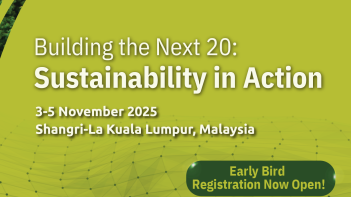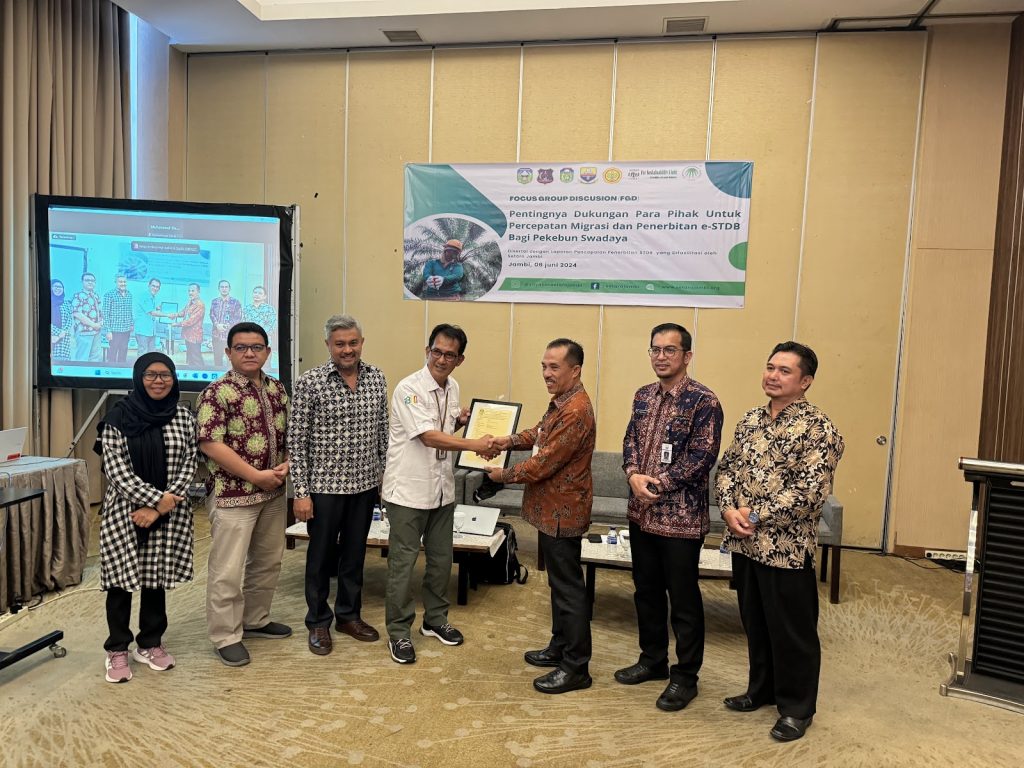
RSPO, in collaboration with the Indonesian Ministry of Agriculture and the Provincial Government of Jambi have successfully registered 1,340 smallholder farmers in three RSPO pilot districts in Jambi Province: Tanjung Jabung Barat, Sarolangun, and Tebo. This initiative is in line with the national efforts to register 2.5 million smallholders in Indonesia under the national dashboard, to achieve large-scale smallholder inclusion.
The registration of a large number of smallholders is part of the Memorandum of Understanding (MoU) action plan between RSPO and the Government of Jambi, which lays the groundwork to strengthen smallholders in these three pilot districts to meet both ISPO and RSPO Standards simultaneously.
“Including smallholders in the sustainable palm oil value chain remains one of the chief priorities and challenges for RSPO, which is why registering such a large number of smallholders represents an exceptional achievement,” said Guntur Cahyo Prabowo, RSPO Head of Smallholders. “This initiative also strengthens the existing partnership between RSPO and the Indonesian Government in supporting smallholders, highlighting the importance of collaboration at all levels if we wish to achieve shared sustainability goals.”
“This is the first project that connects 3 districts to achieve our target of accelerating the implementation of sustainable palm oil management,” said Agusrizal, Head of Plantation Department, Jambi. “It’s designed to expand the involvement of independent smallholders as the main beneficiaries and the involvement of stakeholders – the relevant government at the district-provincial level and the company as a supporter of independent smallholders – leading to the improved capacity and welfare of smallholders.”
Smallholder Socialisation
Upon marking the milestone achievement during the focus group discussion in Jambi on 6 June, the RSPO team in Indonesia journeyed to the Tebo district, a seven hour drive from Jambi’s capital, where the team conducted socialisation activities with smallholders and their group managers, in collaboration with RSPO partner, SETARA Jambi.
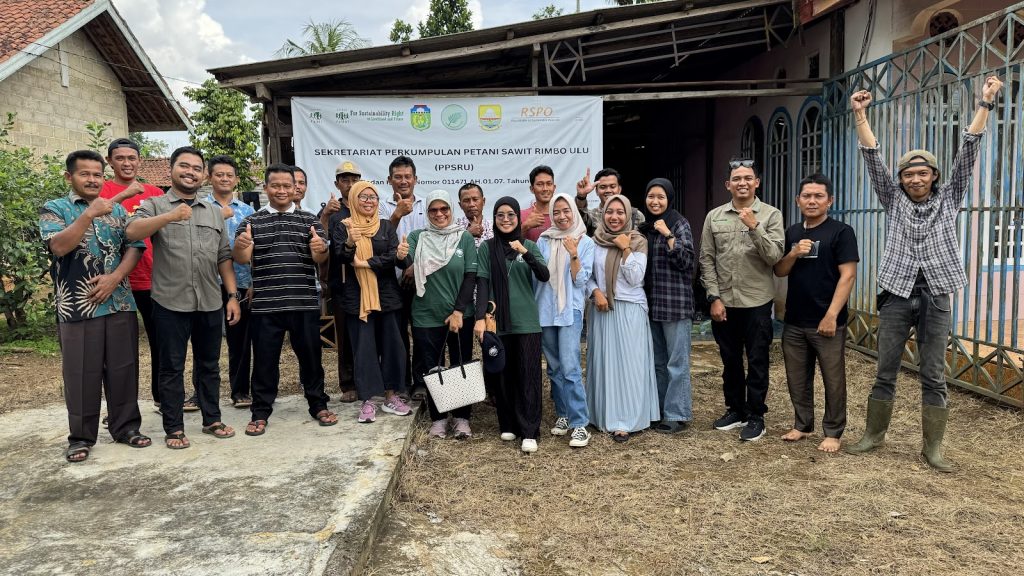
During the socialisation activity, significant key learnings emerged: farmers currently have better capacity such as being able to map their own land and knowing clear land boundaries. Independent smallholders are also able to apply best agriculture practices training to increase oil palm productivity. Additionally, the village government also provides substantial support through facilities and infrastructure that can be used by organisations.
Farmers who have obtained the cultivation registration certificate are able to enjoy several benefits from the government, such as accessing funds for oil palm replanting, infrastructure assistance (fertilisers, herbicides, etc.), and assistance in improving their plantation. In the Sarolangun District, farmer groups also receive employment insurance assistance covered by the Sarolangun District Revenue Sharing Fund.
Looking ahead, the smallholders in the three pilot districts in Jambi will serve as an example for independent smallholder groups in other regions to accelerate the implementation of the National Standard for Sustainable Palm Oil Certification on a jurisdictional scale. Additionally, the encouraging results of this project support the achievement of the fifth component of Indonesia’s National Action Plan for Sustainable Palm Oil.
Keep reading
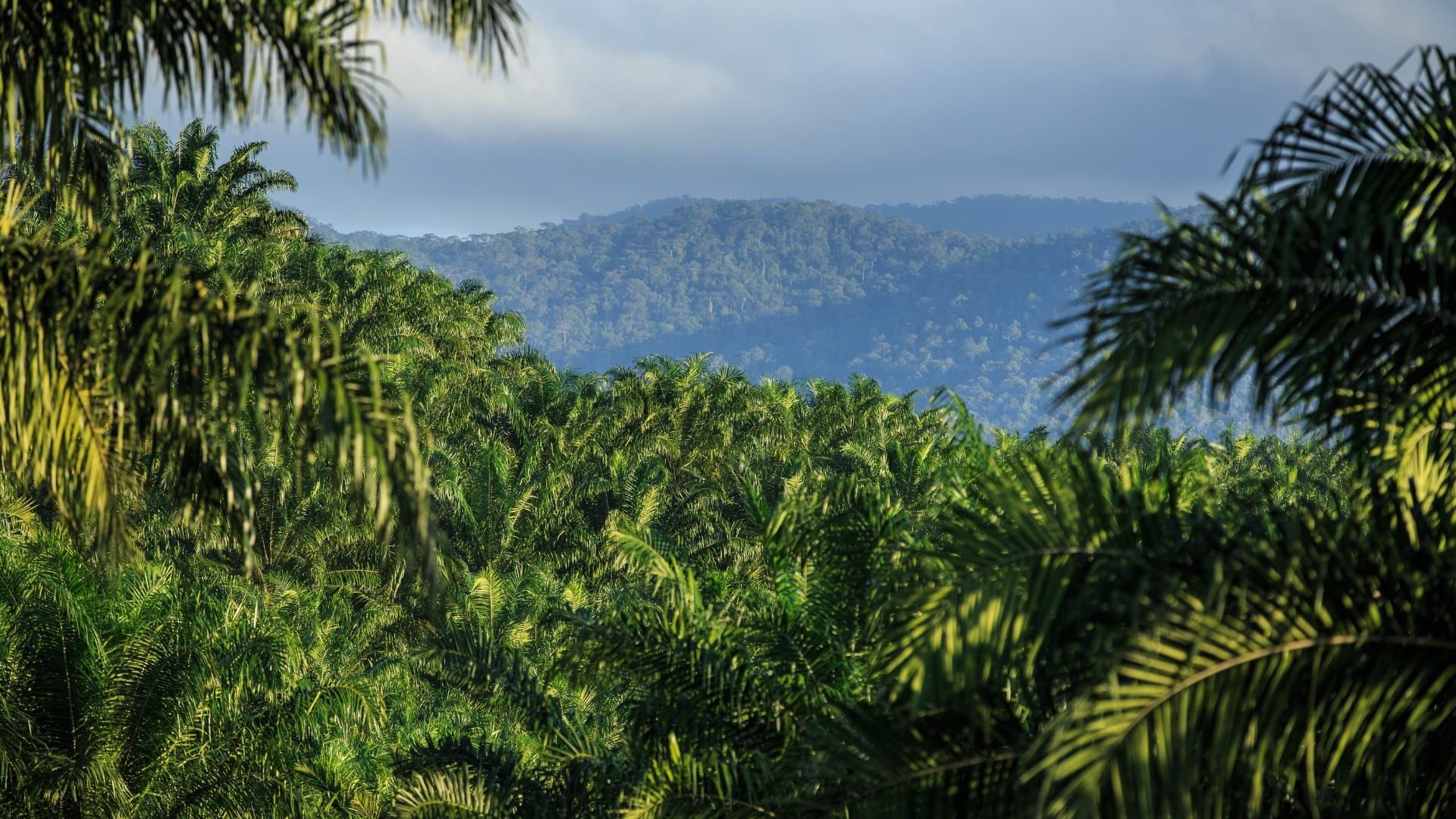
RSPO x JaSPON Conference and Member Engagement Forum 2025 Spotlights Japan’s Sustainability Success and Market Growth
Call for Expression of Interest: Independent Investigation of a Complaint
Call for Expression of Interest: Mexico National Interpretation Task Force for 2024 RSPO Principles and Criteria (RSPO P&C) and Independent Smallholder (ISH) Standard
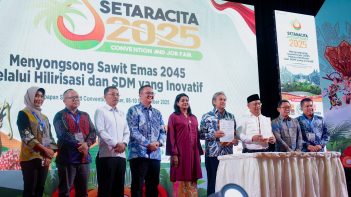
RSPO–APKASINDO Partnership to Boost Inclusive Growth, Certification, and Market Access for Oil Palm Smallholders

Open Letter to COP30 President: Integrating Forests and Biodiversity: A Policy Central to Paris Agreement Success

Bridging the Auditing Divide: Key Takeaways from the RSPO Assurance Forum 11

Extension of RSPO Excellence Awards 2025 Submission Deadline!
